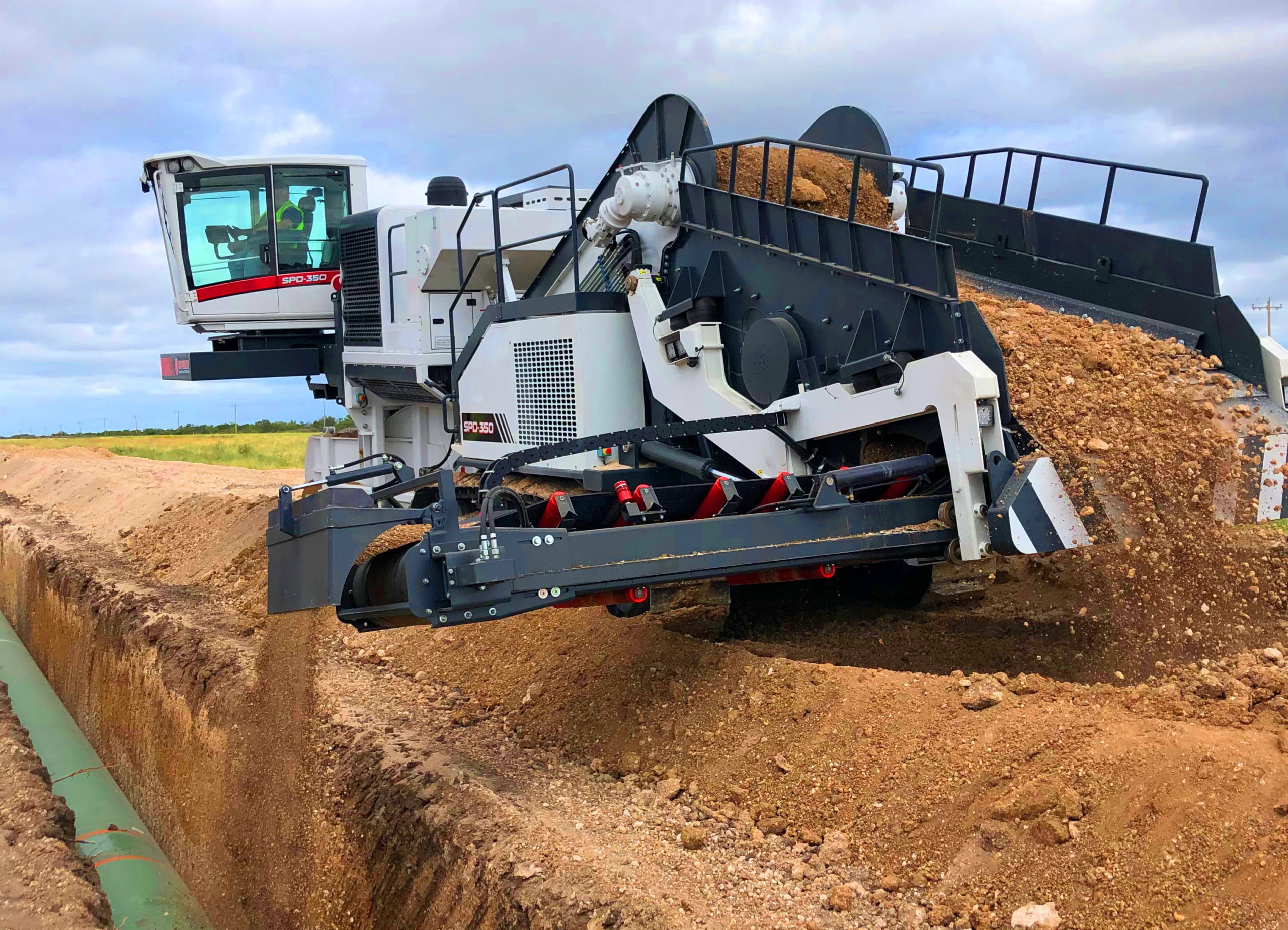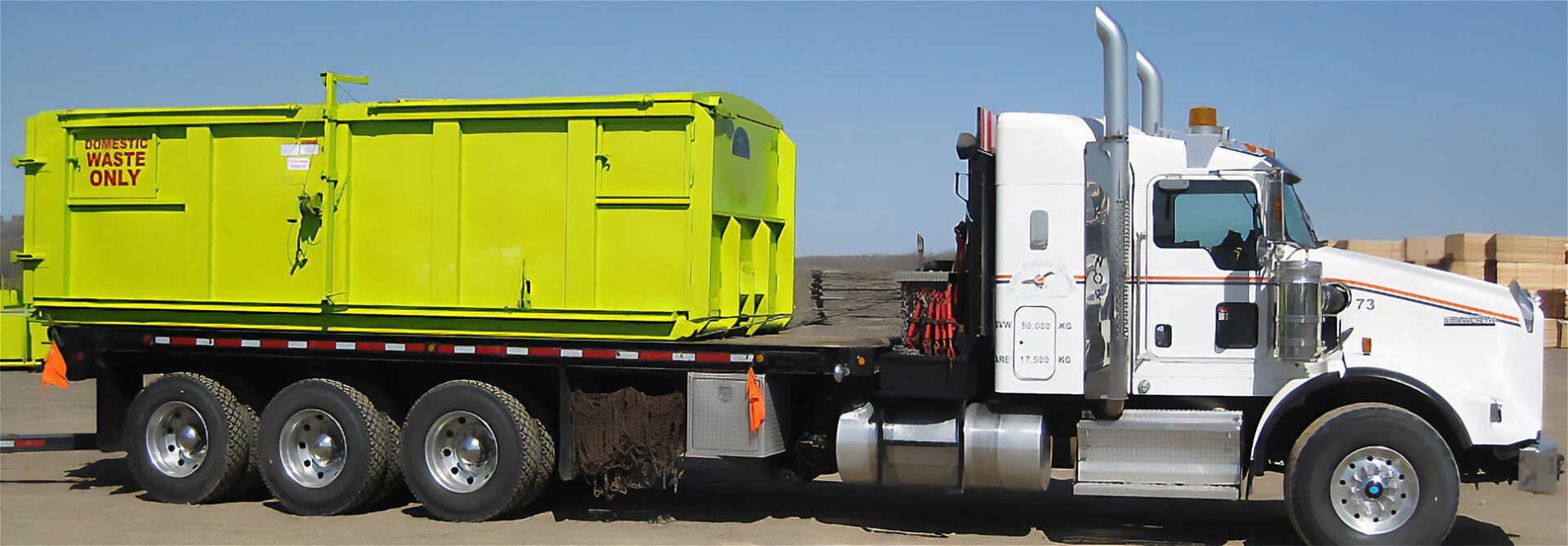Why Superior Oilfield Rentals is transforming energy operations
Wiki Article
A Comprehensive Guide to the Numerous Kinds of Oil Field Equipment and Pipeline Equipment Available
The oil and gas sector depends greatly on customized equipment for effective extraction and transportation. Different kinds of equipment, from drilling rigs to storage space tanks, play vital functions in this complex procedure. Each tool offers distinctive functions that add to overall operational success. Understanding these parts is essential for anybody associated with the sector. As the industry develops, so as well do the technologies that sustain it. What improvements are on the horizon?
Drilling Rigs: The Backbone of Oil Expedition
Drilling rigs work as the vital equipment in the domain name of oil expedition, allowing firms to accessibility hydrocarbon gets hidden deep under the Planet's surface area. These rigs are available in numerous kinds, consisting of land rigs, offshore rigs, and mobile systems, each made to operate in details settings. Geared up with innovative modern technology, drilling rigs can permeate geological developments with accuracy, making certain reliable source removal. The architectural integrity and functional capabilities of these rigs are critical, as they must stand up to extreme conditions and significant stress. The selection of an exploration gear influences the overall task cost and timeline, making it an essential consideration for oil companies looking for to enhance their exploration efforts and take full advantage of productivity in their operations.Pumps: Essential for Fluid Motion
In the oil extraction process, the role of pumps is substantial, facilitating the movement of fluids throughout various phases of manufacturing. Pumps are essential for moving crude oil, water, and various other liquids from below ground storage tanks to the surface and after that with pipes to refineries. They come in different kinds, consisting of centrifugal, positive variation, and completely submersible pumps, each offering details purposes based on the liquid attributes and functional demands. Centrifugal pumps are generally used for their efficiency in high-flow applications, while favorable displacement pumps master taking care of viscous liquids. The selection of pump impacts general effectiveness, functional security, and upkeep costs. Correct selection and upkeep of pumps are essential for enhancing production and reducing downtime in oil field operations.Valves: Controlling Flow and Pressure

Valves play a crucial role in taking care of the flow and stress of fluids within oil fields and pipes. Numerous kinds of valves offer distinctive applications, each designed to fulfill certain functions fundamental for reliable procedure - Superior Oilfield Rentals Texas. Understanding the qualities and uses of these valves is crucial for enhancing system efficiency and safety and security
Types of Valves
Important components in oil field procedures, valves play an essential duty in controlling the flow and pressure of fluids within pipes and equipment. Different sorts of shutoffs are made use of to meet the varied requirements of oil and gas production. Common types include entrance valves, which give a straight-line flow and minimal pressure drop; globe valves, recognized for their strangling capacities; and sphere shutoffs, acknowledged for their fast on/off control. Furthermore, check shutoffs avoid heartburn, while butterfly valves use a light-weight solution for controling flow. Each valve kind is designed with particular materials and configurations to stand up to the extreme conditions commonly discovered in oil areas, ensuring reliability and effectiveness in procedures. Comprehending these kinds is crucial for reliable system administration.Valve Applications and Features
While different types of valves offer distinctive objectives, their key applications focus on regulating circulation and pressure within oil and gas systems. Valves such as gateway, globe, and ball shutoffs regulate fluid movement, guaranteeing peak efficiency and security. Gateway shutoffs are typically used for on/off control, offering minimal circulation resistance. World shutoffs, on the various other hand, deal exact flow policy, making them ideal for throttling applications. Sphere shutoffs are preferred for their fast procedure and limited sealing capabilities. Furthermore, stress relief valves are essential for avoiding system overpressure, guarding devices integrity. Generally, the suitable selection and application of shutoffs enhance functional efficiency, ensuring the trustworthy transportation of oil and gas through pipes and handling centers.Compressors: Enhancing Gas Transport
Compressors play an important duty in the effective transport of gas, making certain that it moves smoothly via pipelines over lengthy distances. These tools increase the stress of gas, enabling it to conquer rubbing and altitude modifications within the pipeline system. In addition, compressors facilitate that site the harmonizing of supply and demand, suiting fluctuations in consumption and manufacturing prices. Various types of compressors are employed in the market, including centrifugal, reciprocating, and rotating screw compressors, each offering distinct advantages based on the operational demands. Routine upkeep of these compressors is important to make best use of efficiency and reduce downtime, eventually adding to a trustworthy gas transportation network. Their important feature emphasizes the relevance of compressors in the overall oil and gas infrastructure.Storage Tanks: Safe and Efficient Liquid Administration
Efficient transport of all-natural gas counts on numerous sustaining systems, one of which is the proper monitoring of tank. These containers play a necessary function in safely including fluids, making certain that operational effectiveness is maintained while decreasing environmental dangers. Constructed from durable products, they are made to endure high pressures and corrosive components. Effectively sized and strategically situated, tank assist in the smooth circulation of gas and various other liquids, stopping bottlenecks in supply chains. Normal upkeep and monitoring are crucial to find leaks or architectural problems, promoting safety and compliance with governing standards. Ultimately, the efficient administration of storage space containers is crucial for the total stability and integrity of the oil and gas industry's liquid handling systems.
Pipeline Solutions: Facilities for Transport
Pipeline systems offer as the foundation of the oil and gas sector, promoting the effective transportation of hydrocarbons over huge distances. These systems are composed of various elements, including pipes, valves, pumps, and compressors, all meticulously created to ensure seamless circulation. The products made use of in pipeline construction, typically steel or high-density polyethylene, are chosen for resilience and resistance to rust. Pipeline networks can extend across land and water, attaching manufacturing websites to refineries and warehouse. In addition, progressed innovation makes it possible for real-time surveillance of circulation rates and stress degrees, boosting functional performance. The strategic placement of these pipes reduces environmental effect while making best use of source accessibility, therefore playing a crucial role in meeting power demands around the world.Security Equipment: Making Certain Employee and Environmental Security
The operation of pipeline systems, while important for energy transport, also presents substantial safety challenges for workers and the setting. Security tools plays a substantial duty in alleviating these risks. Personal safety tools (PPE) such as headgears, handwear covers, and non-slip footwear safeguards employees from physical dangers. Furthermore, gas detection systems keep track of for leaks, making trenchless sewer line repair certain that damaging materials do not posture a danger to personnel or the surrounding environment. Emergency situation closure systems are essential for quickly halting procedures throughout a situation, preventing prospective disasters. Spill containment products, including absorbents and obstacles, are basic for minimizing ecological effect. Overall, investing in all-encompassing safety and security devices is important for maintaining operational stability and protecting both employees and the setting in the oil and gas sector.
Frequently Asked Inquiries
How Do I Pick the Right Oil Field Equipment for My Project?
Choosing the ideal oil field tools includes assessing task specifications, spending plan constraints, and operational demands. Take into consideration aspects such as devices dependability, compatibility with existing systems, and the supplier's reputation to guarantee peak efficiency and safety.What Are the Upkeep Needs for Oil Field Equipment?
Maintenance needs for oil area equipment include regular evaluations, lubrication, and prompt repairs. Operators should also comply with producer guidelines, screen efficiency metrics, and assurance conformity with safety guidelines to enhance longevity and efficiency.
Exactly How Can I Guarantee Compliance With Environmental Laws?
To ensure conformity with environmental regulations, business should carry out regular audits, carry out ideal methods, spend in training, keep correct paperwork, and stay updated on legislation (Superior Rentals Contact). Partnership with environmental companies can likewise enhance adherence to policiesWhat Is the Ordinary Life Expectancy of Pipeline Equipment?
The average life-span of pipeline equipment usually varies have a peek at this website from 20 to 50 years, depending upon variables such as material quality, ecological conditions, and maintenance methods. Routine evaluations can significantly influence durability and functional performance.How Do I Securely Move Oil Field Equipment to Remote Locations?
Carrying oil area equipment to remote places needs careful planning, consisting of course assessment, securing licenses, using suitable cars, and ensuring security procedures are adhered to. Correct training and communication among crews are necessary for effective transport.Report this wiki page